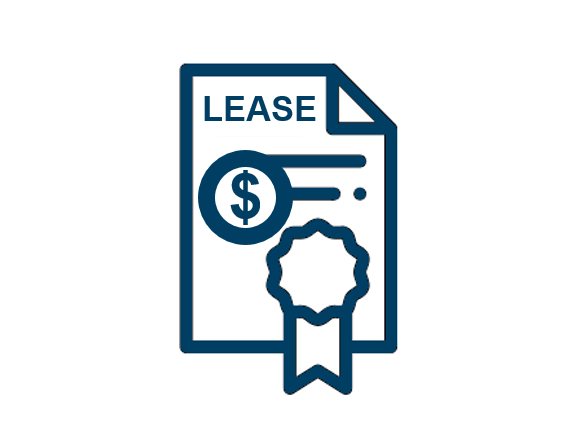Gross rentals in CRE is (generally) the total amount paid by a tenant to a landlord*, every month.
Gross rental can be either be displayed as a rate per sqm of GLA per month, or a total monthly value.
Generally, but not always:
- Gross rentals = net rentals + “operating costs“
- Gross rentals exclude variable costs like electricity and water
Note – there are no “hard and fast” rules in CRE generally.. (Thus, specifically, there is no, not yet, industry-wide definition of the term gross rentals for landlords). Different prospective landlords are entitled to structure their gross rentals differently. The end lease terms and conditions in a leasing deal are subject to negotiation** between all parties.
Note – in the instance where a property’s rental is made up of units of various sizes and categories, with different asking rentals for each space, a weighted average rental is used to provide a rental through rate.
* The term “landlord” used in this article can mean either the property owner (i.e. property fund) or, if applicable, their representative (i.e. a property manager)
Exclusions from gross rentals
I.e. what is not included in gross rental. This comprises expenses paid over and above gross rental.
There are two types of these expenses:
1. Those generally non-variable expenses paid directly by the tenant to third parties, i.e. not paid to the landlord.
- For example, other expenses paid to a third party – such as cleaning paid to a cleaning company, or insurance of manufacturing equipment or office computers, or costs associated with maintaining a privately-owned backup generator, or the cost of fibre internet.
2. Variable expenses largely within the control of the tenant, paid by the tenant either:
- Directly to third parties. Example: electricity or water bills paid directly to municipalities (i.e. not to the landlord). In this instance, the property would be single tenanted.
or
- To the landlord or landlord representative (e.g. property manager) to pay on to third parties. In this instance, the property would be multi-tenanted. The cost of the property’s electricity or water used by the tenants will be billed to the landlord or PM by the third party. This cost is then allocated to and recovered from the tenants. The proceeds of such tenant collections are then paid on to the third party (e.g. municipalities) by the landlord.
Inclusions in gross rentals
I.e. costs always displayed or included in a tenant’s monthly invoice from the landlord / landlord representative.
- Base (or net) rental – this appears as a line item in the tenant’s monthly invoice from the landlord or landlord representative (PM)
- This also includes costs hidden in the above net rental. (I.e. expenses that you, as tenant, would never see, that are borne by the landlord). General examples of this: insurance, property management, external maintenance, refuse. As above, these would not be a line item in your monthly invoice
- Those expenses paid by the landlord to themselves or to third parties on your behalf and recovered from you (known sometimes as “operating costs”). For example: a) rates and taxes paid to the municipal authorities, b) generator ownership, maintenance and running costs, c) security costs paid to a third party.
- In the instance of a multi-tenanted property, these costs may be allocated pro-rata to tenants, based on GLA, or another metric
- Such expenses may appear individually on a rental invoice. Alternatively, certain expenses may be bundled into “operating costs”. Alternatively, the rental invoice may list a combination of individual expenses recovered and operating costs. Operating costs is a single bucket for expenses paid by a landlord, and recovered from tenants.***
- The recovered expenses paid to third parties may escalate at a different rate to the net rental. In certain instances, landlords have negotiated escalations with service providers and can provide visibility on such escalations. In other instances, such as rates and taxes, landlords (and thus tenants) are “price takers”.
** Our recommendation to industry outsiders
When signing or renewing a lease, consider leaning on the expertise of an independent, well-rated, experienced CRE professional to assist you. Here is an article unpacking just some of the complexities that need to be considered during this process.
Industry insider tip
*** Note: Any shortfall between the total actual expenses in operating costs, and the total operating costs billed to you as tenant is effectively a disguised, inflated rental. Thus, a comparison between net rentals of various options may not be “apples with apples”








